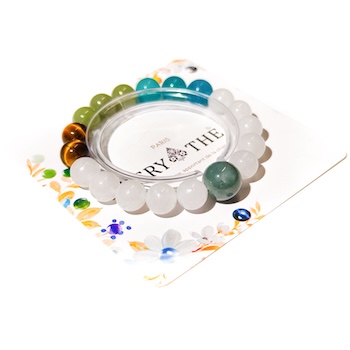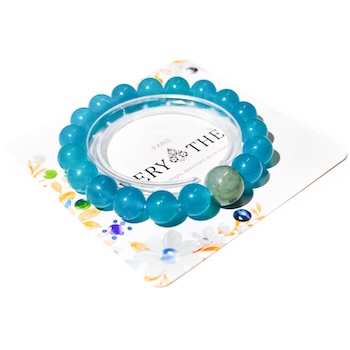
Buy 1 + 1 freeBuy any numerology bracelet and get a zodiac bracelet(Basic Level) for free
ViewWhat is luck? What is "Qi"? How can we change our fortune?
"Qi" (pinyin: qì, or Japanese:ki) is a common concept in Chinese philosophy and Taoism. "Qi" is the fundamental element that makes up everything in the universe, possessing a flow similar to that of air or vapor. The life energy or vitality of all living beings, as well as all phenomena in the cosmos, is the result of the flow and transformation of "Qi.”
In traditional Chinese medicine, "Qi" is often understood as an invisible life force or vitality, which is the root of all growth and change. In Chinese medicine, qigong, and martial arts, "Qi" is believed to flow through the meridian system within the body, sustaining life activities and health.
The concept of "Qi" is also applied in some Japanese animation, such as "Haki" in One Piece and "Chakra" in Naruto. While these are exaggerated representations, a hundred years ago, who would have imagined that we could instantly transmit images across vast distances, as we do now with online videos?
Hypothesis: How Qi connects all things
In the field of quantum entanglement, Austrian scientist Anton Zeilinger, French scientist Alain Aspect, and American scientist John F. Clauser were jointly awarded the 2022 Nobel Prize in Physics, proving the existence of quantum entanglement.
The state of entangled particles can influence each other without the need for a medium (or at least none has been discovered yet), and the change occurs instantaneously (at speeds exceeding ten thousand times the speed of light). According to current scientific understanding, most information transfer requires a medium, such as air for sound or wires for networks, and the speed of transmission cannot exceed the speed of light (like electromagnetic waves in a vacuum). However, the state changes in quantum entanglement far exceed the speed of light and require no medium.
A commonly mentioned analogy for quantum entanglement involves a pair of gloves—one for the left hand and one for the right. If you place each glove in separate black boxes, one near you and one on Mars, opening the box near you and finding a left glove instantly tells you that the glove in the box on Mars is for the right hand.
In many time travel theories, when an object's speed approaches the speed of light, time essentially pauses; if the speed exceeds the speed of light, we might travel back in time. If we could indeed go back in time and alter the past, the present and future would change accordingly. The sunlight we see now was emitted from the sun about 8 minutes ago. Even if someone traveled back in time to block the sun 8 minutes ago, we wouldn’t notice the absence of sunlight until 8 minutes later. This suggests that this "change" itself takes 8 minutes to propagate. However, this theory has a major flaw. Imagine a ship departing from point A, arriving at point B after 10 minutes, and reaching point C after another 10 minutes. As a godlike observer, you could monitor the ship’s state at each point in time. If someone traveled back to point A and destroyed the ship, the fact of the ship’s destruction should reach point B after 10 minutes. But during those 10 minutes, the ship would exist at point B, which is irrational. Therefore, the fact of the ship’s destruction should change simultaneously at points A (past), B (present), and C (future). This change should occur instantaneously across all points in time, surpassing the speed of light.
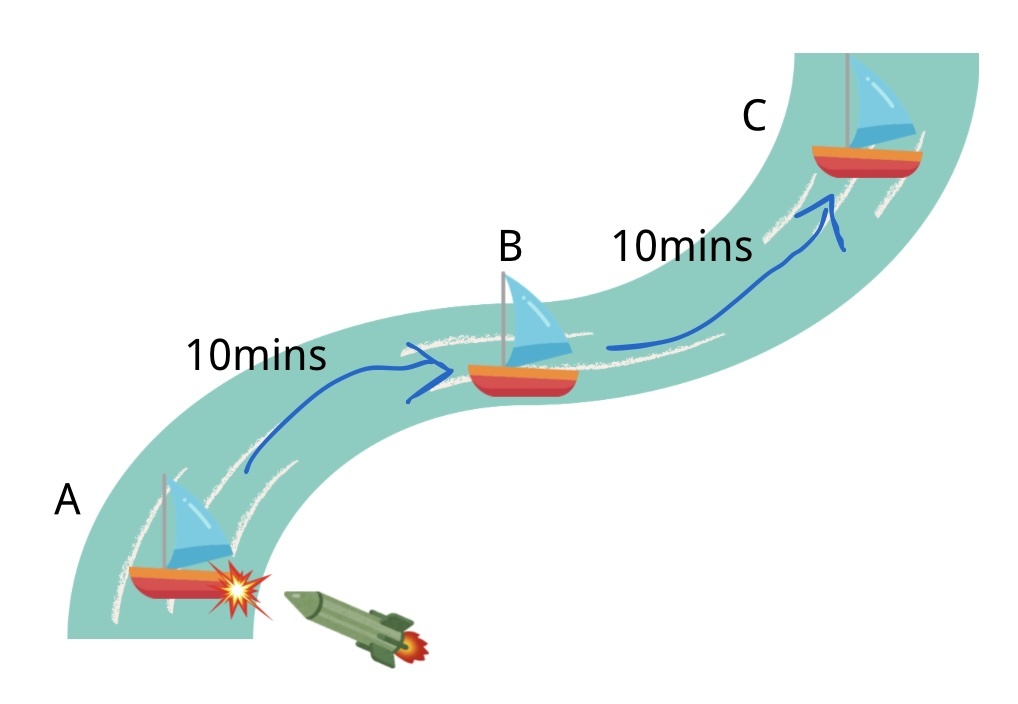
Although there is no evidence linking quantum entanglement and "Qi," their phenomena suggest they both describe a connection between entities that transcends time and space. They might be the same thing or strongly related, just expressed differently in different eras.
What is luck?
Have you ever wondered what luck really is? Why does luck sometimes seem so bad, and at other times so good? According to the traditional Noah Webster dictionary, luck is "a force that brings good or bad fortune in events or individuals, which is unpredictable and uncontrollable." This seems to answer what luck is, but it also leaves us with questions.
An interesting question on Quora is: "Do people actually believe in fate? If everything is prewritten, why do we work so hard? Is it all just a waste?"
In Chinese philosophy, luck is defined as a combination of two words: "fate" and "Qi luck." "Fate" cannot be changed; you cannot become Albert Einstein or Elon Musk if you don’t have their fate. "Fate" is determined by the heavens and is beyond human control. However, each person's fate is not a single path. For instance, in an exam, if you prepare the night before, you are likely to pass, but if you do no preparation and have no theoretical knowledge, passing is impossible. Perhaps you are not a genius who can be admitted to school without exams (because you lack their fate), but within your fate, you can decide whether or not to pass this exam—this is "Qi luck." "Qi luck" is the energy inherent in every person (and even every object). This energy varies in size and color and can determine which specific path a person takes in life within the broader course of their fate.
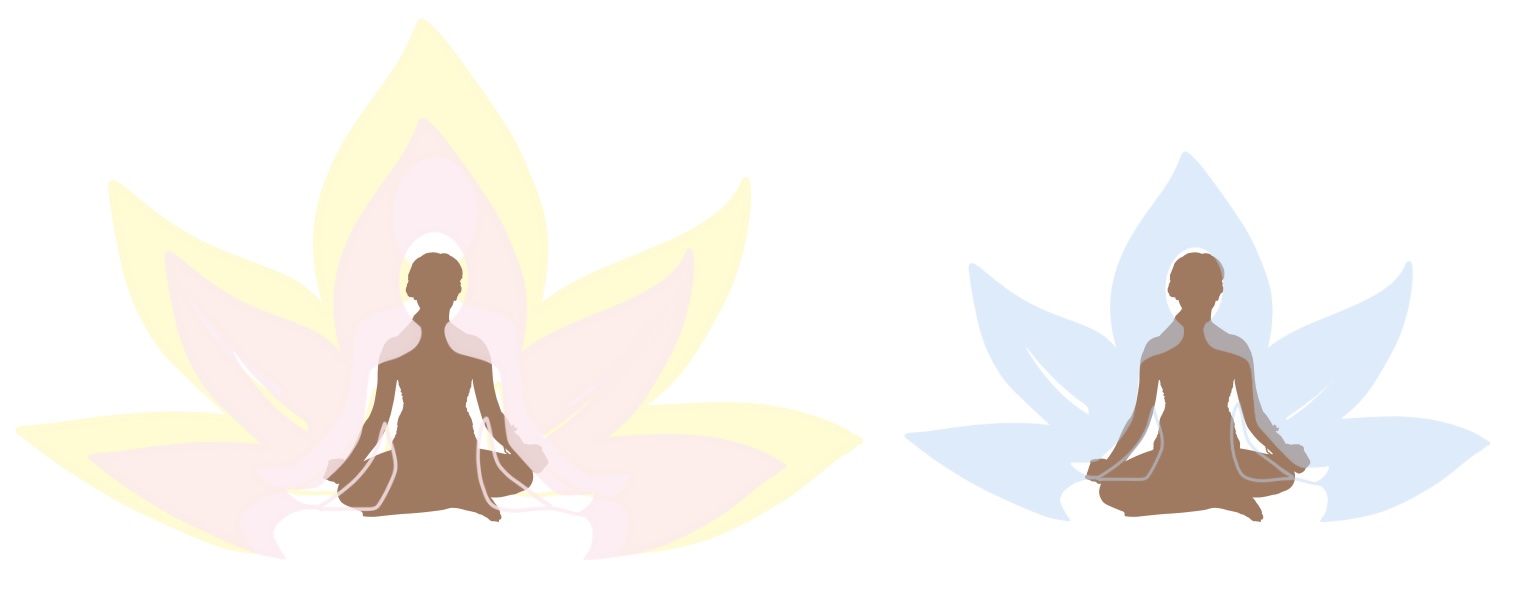
How to change your Qi
"Qi" is influenced by various factors, including environment, emotions, lifestyle, thoughts, and relationships. By positively adjusting these factors, one can improve their Qi. It’s important to note that your Qi and the Qi of your environment do not connect in a physical sense. Although it has yet to be proven how Qi influences Qi, much like the telepathy between twins, it is a spiritual connection that disregards distance and time. The more you believe in what you are doing, the more likely it is to succeed.
1. Environmental Influence
A clean and organized living space allows Qi to flow smoothly, bringing peace and relaxation. Ancient Chinese feng shuisought to enhance the Qi of the homeowner by altering the Qi of the living environment, based on the color of the homeowner’s Qi. It is important to note that since everyone’s Qi is different, the same layout may not suit different people.
Improvement methods:Keep your environment clean and tidy, ventilate regularly, place green plants, and use natural light to create a positive living space.
2. Emotions and Mental State
Improvement methods:Practice meditation, deep breathing, and mindfulness to balance emotions and relieve stress, thus restoring and enhancing Qi.
3. Lifestyle
Improvement methods:Maintain a regular sleep schedule, ensure sufficient sleep; choose an exercise routine that suits you, and stick to it; focus on a balanced diet, and choose fresh, natural foods.
4. Thoughts and Spiritual State
Improvement methods:Cultivate positive thinking, avoid long-term accumulation of negative emotions; regularly reflect or meditate to enhance inner Qi.
5. Relationships
Often referred to as "social climbing," improving the quality of friends around you (not necessarily in terms of social status but those who are positive and optimistic) can significantly impact your Qi. Your interactions with others, especially in close relationships and social circles, directly affect your Qi. Good relationships enhance Qi, while toxic or tense relationships may deplete or disrupt Qi.
Improvement methods:Choose to associate with positive, supportive people, learn to resolve conflicts and release negative emotions, and distance yourself from negative relationships.
6.Wearing appropriate accessories
Accessories are items that people carry and are in long-term contact with. All objects have their own Qi, and by wearing the right accessories, you can supplement your Qi.
Improvement methods:Understand your Qi and wear accessories that harmonize with it.
EveryThé bracelet
Unique & Meaningful & Personalized Crystal Bracelet designed based on your birthdate or the divination results for your wishes.
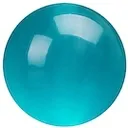

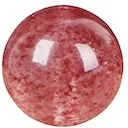
 made with natural crystals and gemstones
made with natural crystals and gemstonesFooter

Natural gemstone bracelets, designed based on the principles of the zodiac, birthdays, and numerology, to bring good luck and prosperity.
Guide
Customer Support
© 2024 @ EveryThé. All rights reserved. v.6.5.2
